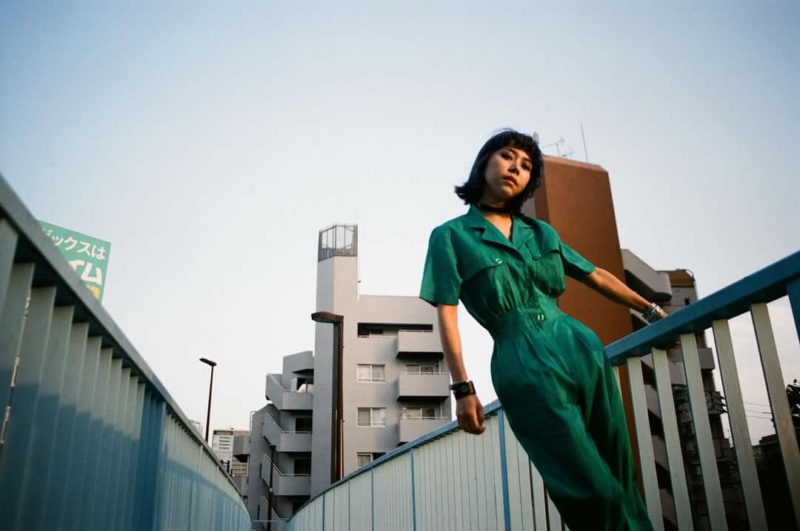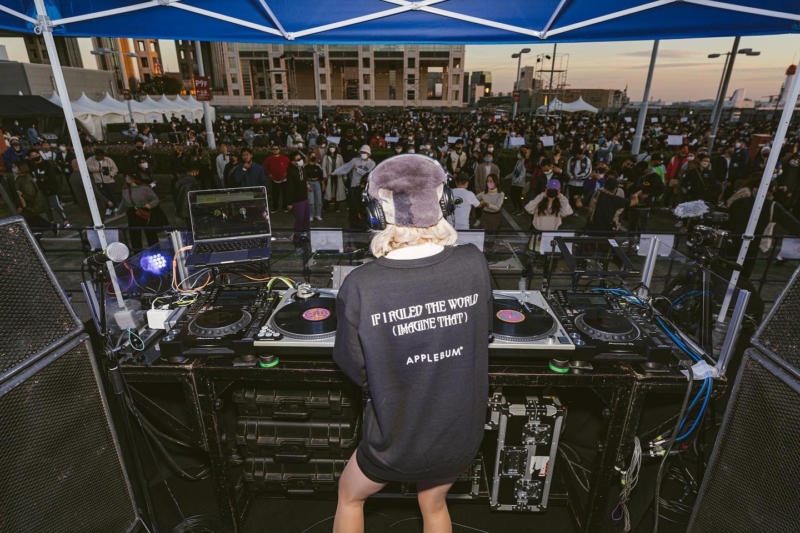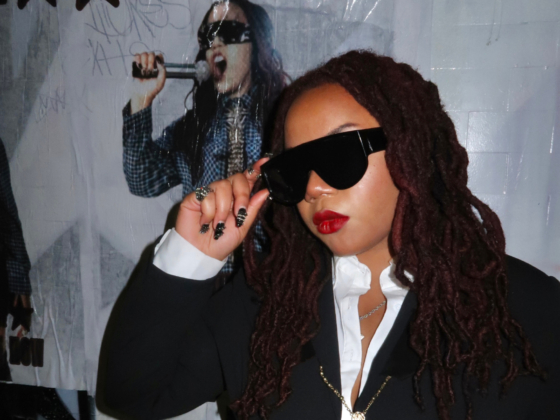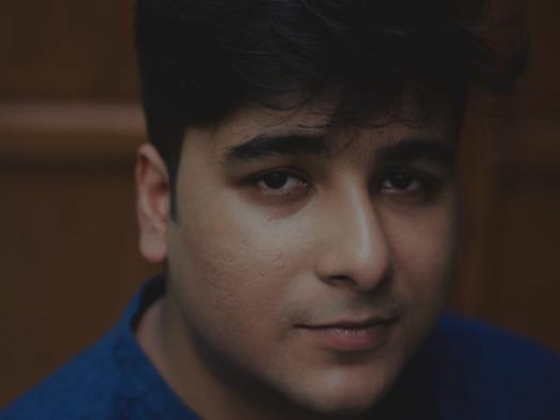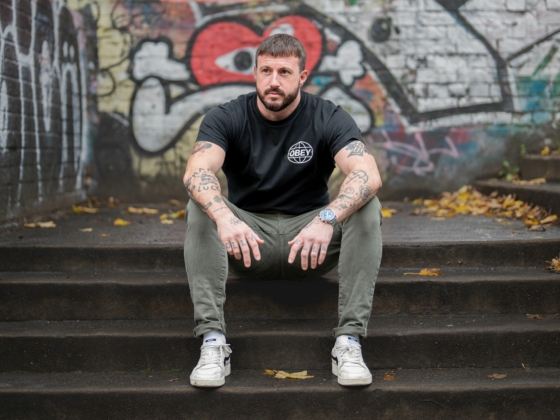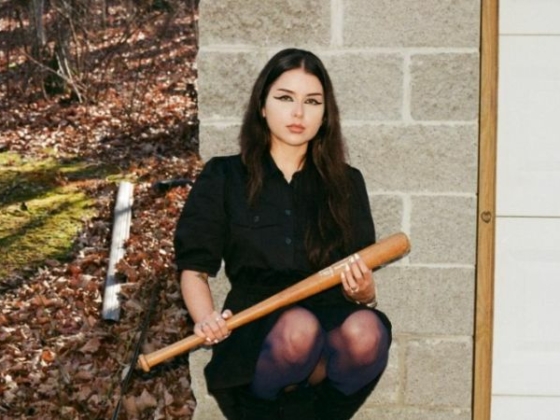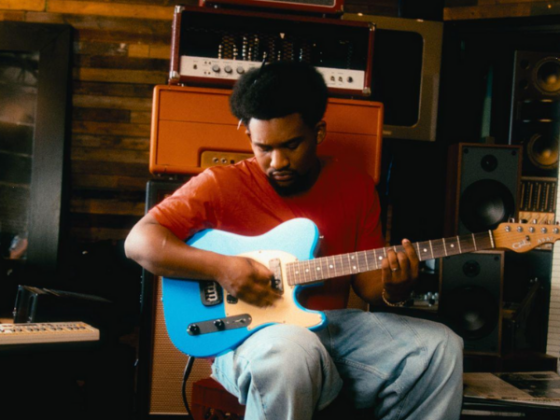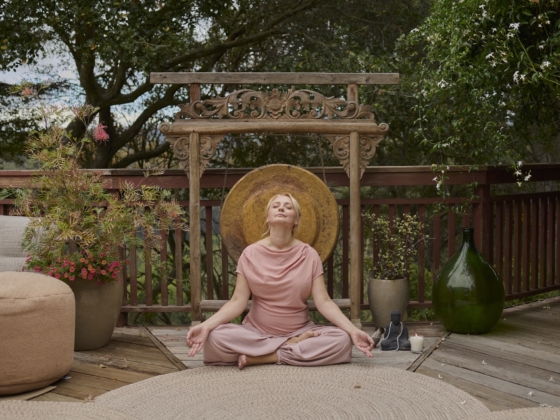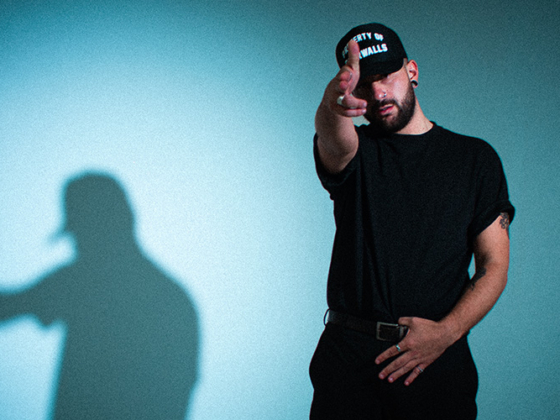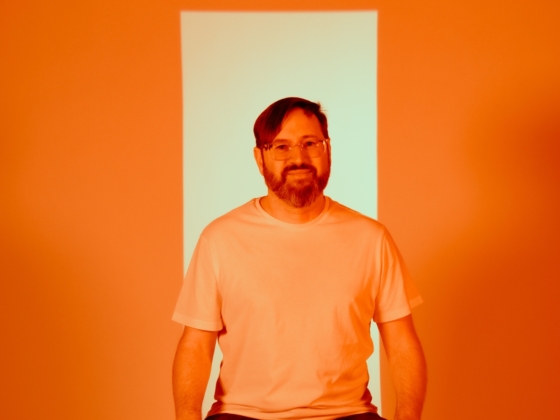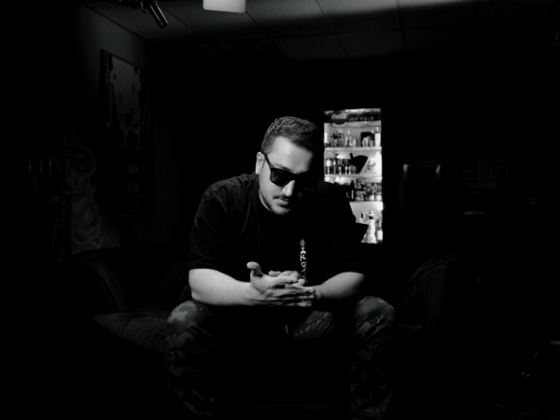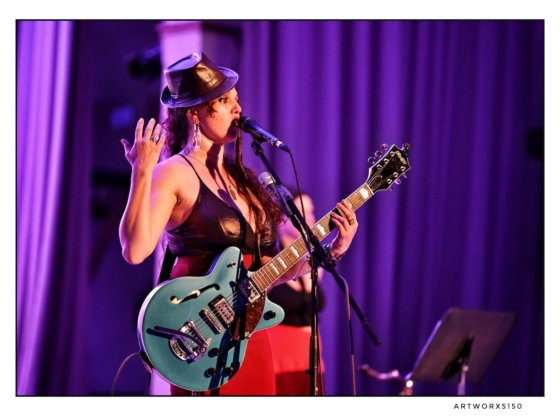Born in Japan and raised in New York, DJ SARASA is a genre-blending artist whose bicultural roots shape every set—skillfully weaving soul, funk, R&B, hip-hop, and electronic into her sound.
SARASA's influence extends far beyond the DJ booth: she’s also an entrepreneur, founding Casa De Sarasa and the Tacos Association of Japan.
Her talent hasn’t gone unnoticed—Questlove once tweeted, “DJ SARASA is the illest DJ…,” a shoutout that affirmed her place among legends like George Clinton, Grandmaster Flash, Talib Kweli, The Beatnuts, and Illa J.
When asked to introduce herself to someone new, SARASA calls herself “an international friend, a professional partier, and a cultural visionary with a high success rate of making it a reality… a creator of experiences and a non-verbal translator of people’s frequency across borders, genres, and cultures.”
In our conversation with SARASA, she opens up about what fuels her creative fire—from how she approaches each DJ set with intention and instinct, to how she balances her passion for music with her work as a cultural connector, entrepreneur, and storyteller through food.
What first drew you to DJing? Was there a moment when you realized it was something you wanted to pursue seriously?
I first got into DJing through college radio—I loved sharing music, especially the rare gems I’d dig up at record stores. But it wasn’t until I started working full-time in a corporate setting that I realized how much I needed creative freedom.
Everything had to pass through layers of approval, and even when I didn’t believe in the direction, I still had to conform and carry it out and that never sat right with me.
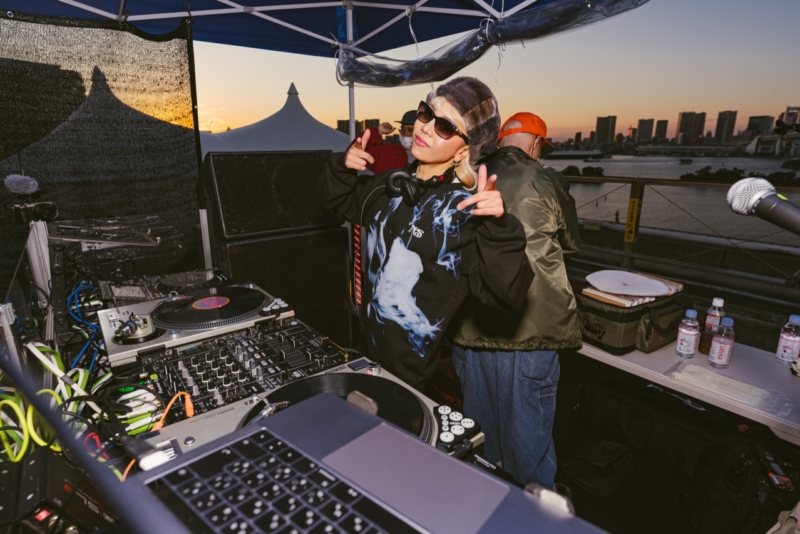
That frustration lit a fire in me. I knew I needed to take control of my own path and create results I actually believed in.
DJing became the perfect outlet—it allowed me to share my discoveries, tell stories through sound, and connect with people in real time. It felt natural, and more importantly, it felt like mine.
You’ve built a global presence while staying connected to Japan. How has your background and experiences influenced your sound and storytelling?
I was lucky to grow up in New York when I was young, and that early exposure to different cultures definitely shaped me.
But when I started DJing in Japan, I had to really ask myself, 'What sets me apart? What do I bring to the table that’s different?' That’s when I realized my background wasn’t a limitation—it was a strength.
I could be the bridge between Japan and the rest of the world. Over time, that’s exactly what happened. I often opened for international acts touring Japan, and naturally, we’d become friends. I’d share my culture with them, showing them sides of Japan they might not experience on their own.
At the same time, I helped local people connect with these artists beyond just the performance. Music became a way for me to be helpful to people from both sides to understand each other on a real, human level.
Can you describe your creative process when preparing for a DJ set? How much of it is instinct versus intention?
When I prepare for a set, I start by imagining the energy of the room—how it might feel when people first arrive, how it builds, when it needs a breather, and when it’s ready to explode.
I create a crate of potential songs for the night, loosely organized by energy level, so I can rise with the crowd and give them space to come down before lifting them up again.
It’s definitely a mix of instinct and intention. I come in with a roadmap, but I stay fully tuned into the moment.
One thing people often comment on is the way I flow through genres—it feels seamless, even though I might be jumping from soul to hip-hop to house to something unexpected. That’s always been my style: storytelling through contrast, movement, and surprise.
Do you approach sets differently depending on where you're performing or who the audience is?
Absolutely. I approach sets differently depending on the venue and the crowd.
When it’s a high-profile gig and all eyes are on me, I like to minimize the time I spend scrolling through my computer. There’s something about that moment… it just feels a little awkward and doesn’t look as cool or intentional as flipping through records.
For those sets, I usually come in with a pre-prepared flow that allows me to stay fully engaged with the audience. Of course, if the vibe isn’t what I anticipated, I’ll adjust in real time. But I know my crowd pretty well—my predictions are rarely off."
Can you share a favorite DJing memory—one that really stayed with you or made an impact?
I’m not sure if it’s my absolute favorite, but one memory that really stuck with me was when I DJed on the main stage at Ultra Japan. The event was held on reclaimed land, and when the entire crowd jumped at once, I could actually feel the ground shift beneath me. It was like we were floating on water.
That moment reminded me just how powerful collective energy can be. It was surreal… thousands of people moving together, and the earth literally responding to it.
As someone with multiple creative passions, how do you balance being a DJ, entrepreneur, and cultural curator without feeling like you have to choose just one path?
Everyone’s given the same 24 hours, so I try to be really intentional with how I use mine.
Most of my day is spent working or focused in solitude. I talk as little as possible so I can stay in flow and keep my energy centered. Dinner time is when I allow myself to unwind. That’s when I like to go out, share a meal, and connect with someone who helps me relax and reset. A good conversation and maybe a glass of wine makes all the difference.
Balancing multiple passions doesn’t mean doing everything at once. It’s about knowing when to go inward and when to release.
What inspired you to venture into the food world?
A DJ tour to Mexico completely changed my life. I went there to play music, but the moment I had my first taco, something in my brain just… clicked. I wasn’t the same after that. It felt like I had found the love of my life.
It gave me a sense of purpose I hadn’t expected. I became obsessed with the idea that everyone should experience what I had tasted. It wasn’t just food. It was culture, passion, soul… and I knew I had to share it with the world.
How do food and music influence each other in your creative world? Do you see parallels between the two?
As someone who provides both food and music, I’ve noticed something profound that they have in common: the transformation I see in people’s faces—before and after."
Before I play music or serve them food, there’s often a kind of anticipation or neutrality. But afterward… something shifts. Their expression softens and enlightens, their energy lifts. It’s like they’ve been nourished in the soul, whether through sound or flavor. That moment of transformation… that silent gratefulness in their eyes, is where I see the deepest parallel between food and music. Both have the power to change how someone feels, almost instantly.
Your work clearly fosters community. How do you see your role in shaping cultural ecosystems—through sound, space, and food?
When I carry something from another culture into my work, I see myself as a translator… and I take that role seriously. I always try to approach it with deep respect and stay mindful of how the originators would want their culture to be represented.
I believe the only way to truly honor that is by spending quality time with them… getting to know them heart to heart. That connection shapes everything—how I present the music, the food, the space.
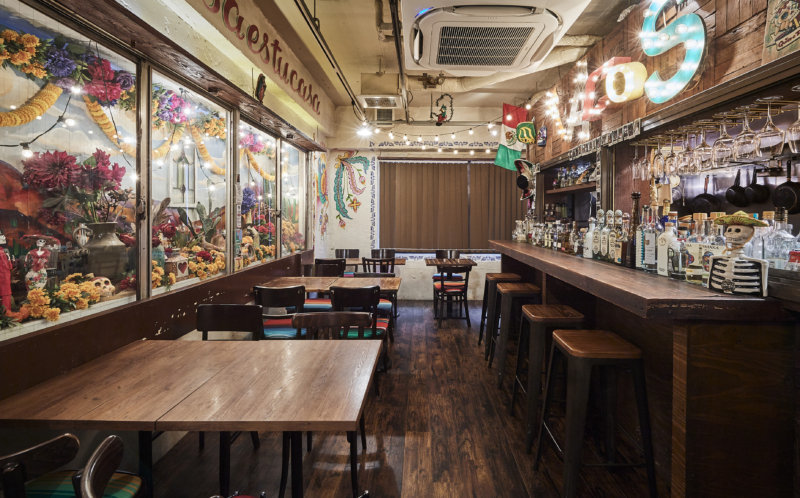
I also like to keep things as simple and approachable as possible. The more accessible it is, the more people can connect with it and that’s how community grows.
For example, I run Japan’s Tacos Association. I purposely kept the definition of a taco simple; “if it’s in a tortilla, you can call it a taco”. I wanted people to feel free, not intimidated, when trying it out for themselves.
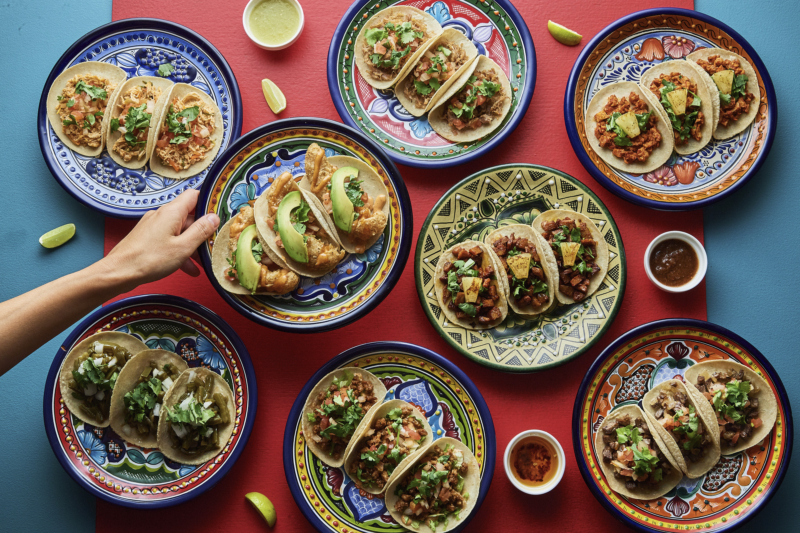
Everyone needs a welcoming introduction. You never know, you might be giving someone the chance to become the next hero of that culture.
As a woman in the DJ space, how have you stayed true to your voice in an industry that often pushes people into boxes?
Coming up, I felt like I had to protect myself and my brand so that I’d be judged solely on my skills, not my gender. I wanted the focus to be on the craft, the music, and the connection with the crowd.
Staying true to my voice has meant, leading with authenticity, and trusting that my work would speak louder than any stereotype. It’s not always easy, but I’ve found power in creating my own lane. Perhaps it had given me the creativity I have now with whatever I do!?
What advice would you give to women who want to break into DJing but don’t see themselves represented?
Don’t victimize yourself. Focus on your craft, stay curious, and put in the work. You don’t need to wait for permission or representation to begin. You can become the example someone else is waiting to see. Show up, take space, and trust that your voice matters.
What advice would you share with other multi-passionate or multi-hyphenate creatives on staying grounded while growing in different areas?
Stay rooted in why you started. Let your curiosity guide you, not pressure. Stay grounded by creating space to be alone and listen to yourself even when things get loud around you.
Is there a project or goal you’re especially excited about right now—music-related or otherwise?
I’m really excited about the idea of basing myself in the U.S. and seeing how things unfold musically here. I want to immerse myself in the scene firsthand and experience everything in a world-class environment.
There’s something about being in the room, feeling the energy directly, and connecting with people on the ground that can’t be replaced. I’m looking forward to growing through that kind of presence… and seeing where it takes me.
Photo credit: Jonni Truelove

